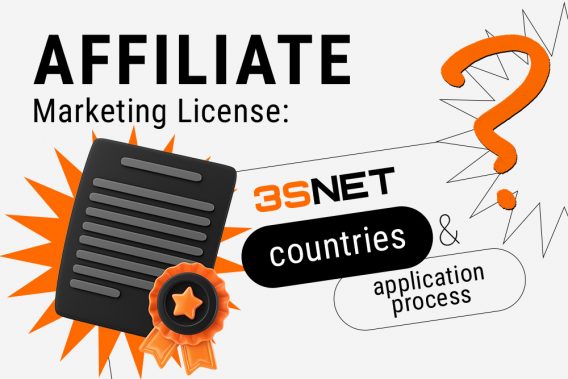![[:ru]seo[:]](https://3snet.info/wp-content/uploads/2020/01/seo-768x473.jpg)
Publication date: 29 Jan 2020
Search engines are moving forward. On the one hand, they aim at meeting the already existing needs of users. On the other hand, they have to adapt to ever-changing preferences of users.
Along with changes in search algorithms, changes come to SEO techniques. Search engine marketing is getting more complicated and more often is coupled with advertising campaigns across other digital channels. Experts from various agencies have shared their SEO forecasts for 2020.
User intent comes in the first place
User intent gets the leading role. Search engines want to fully meet user needs and have already learnt to quite accurately determine what exactly a particular search query can mean. It results in the ability to provide the most relevant search results.
Search engines are constantly evolving: psychology, interests, preferences of users determine the way search algorithms work.
SEO specialists should not only understand and adapt to these algorithms but also—and it is easier and more important—understand preferences of the end user, i.e., to conduct in-depth research on your target audience. Success comes to those who know and meet the needs of customers and visitors.
Optimize websites for mobile devices
Users must be able to find what they need, regardless of the type of their devices. And adaptive layout here is not enough. Websites are meant to load correctly and quickly on all mobile devices, and be as user-friendly as possible.
Monopoly of traditional search engines is coming to an end
Users, especially mobile users, increasingly often choose not to look for answers in search engines but rather address news websites, marketplaces, aggregators, social networks directly. What largely contributes to the shift in search engine usage is the growth of social commerce.
Therefore, new approaches and cross-platform SEO strategies are required to make websites always visible wherever their target audience moves to.
Changes in search engine results
In an attempt to keep users engaged, search engines introduce new features and services. The trend can be observed, for example, in Yandex search results. Depending on the search query, search results may contain results from Yandex.Q, Yandex.Zen, Yandex.Collections, and other services.
The abovementioned suggests that content marketing has already become an integral part of successful SEO campaigns.
- Learn more about it: S-commerce or how to sell on messengers and social networks
Information credibility
Search engines aim at providing their users with authoritative and verified information. The latest Google’s updates affected rankings of YMYL (Your Money Your Life) websites, which include content that can directly impact someone’s health or financial stability.
Regulation at the intrastate and interstate level
In recent years, government regulation of the internet has intensified in Russia and other countries, and it cannot but have an effect on SEO. One of the most significant events of recent years in Russia is Roskomnadzor’s attempts to block Telegram, which affected many sites with no relation to the messenger. Meanwhile, Europe has faced the General Data Protection Regulation (GDPR) and experienced some data collection challenges.
2020 is expected to bring even more government regulation of online activity.
- You might find it useful: How to send e-mail according to GDPR?
Share it with your friends via favorite social media
























